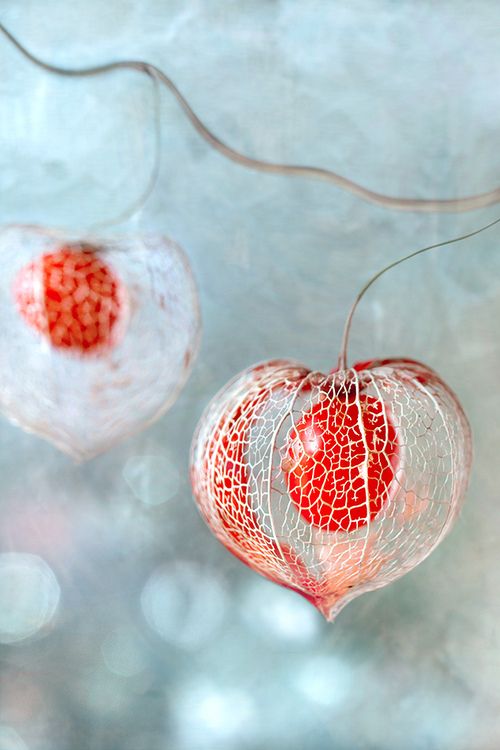Dear Integral Meditators,
Is your meditation an art-form, a therapy or a spiritual practice? Can you combine these three things together into a single meditation practice? The article below examines this question!
In the spirit of integral meditation,
Toby
 Is your meditation a type of therapy, an art-form or a spiritual practice?
Is your meditation a type of therapy, an art-form or a spiritual practice?
Your meditation is a therapy if you are doing it to fix something inside you that is broken. Meditating to cope with stress, heal an emotional wound, to pacify/heal our addictions and demons is a form of therapy.
Your meditation is an art-form if you are using it to push the boundaries of your inner skill, power and capability. It is where you take risks, push the limits of what you thought possible, and experience new ways of seeing, feeling creating.
Your meditation is a spiritual practice when you rest in a state of no boundaries, where the barriers between yourself and the universe dissolve into light and there is just pure being-ness, one-ness, opulence and radiance.
The chances are that your meditation oscillates between these three types in an organic way, but it is extremely useful to be able to differentiate them in these three ways because:
- There are times when you need to stop trying to fix that which is broken in you and start taking some risks
- There are times when pushing your boundaries is doing more harm than good, and you need to create a healing space for yourself
- There are times when you need to get off your butt and stop getting absorbed in the timeless wonder of it all
- There are times when you need to take a holiday from the bounds of time and space and rest in the regenerative-radiance of your original being
- There are times when you’re universal, original being explodes into action and demands that you start expressing your inner and outer art-forms. If so, you’d better act on this or watch out!
Related article: The Three Purposes of Meditation
© Toby Ouvry 2017, you are welcome to use or share this article, but please cite Toby as the source and include reference to his website www.tobyouvry.com
Upcoming Courses at Integral Meditation Asia
Ongoing on Wednesday’s, 7.30-8.30pm – Wednesday Meditation Classes at Basic Essence with Toby
Ongoing on Tuesday evenings, 7.30-8.30pm – Tuesday Meditation Classes at One Heart with Toby (East coast)
Tuesday & Wednesday evenings from June 6-7th – Practical meditations for spiritual awakening & enlightenment – A six week course
Saturday June 10th, 9.30am-12.30pm – Integral meditation & mindful walking deep dive half day retreat
Saturday June 17th, 2-5pm – Developing mindful self-confidence – A three hour workshop
June 20th & 21st – Summer solstice balancing and renewing meditation
Integral Meditation Asia
Online Courses * 1:1 Coaching * Books * Live Workshops * Corporate Mindfulness Training *Life-Coaching * Meditation Technology









